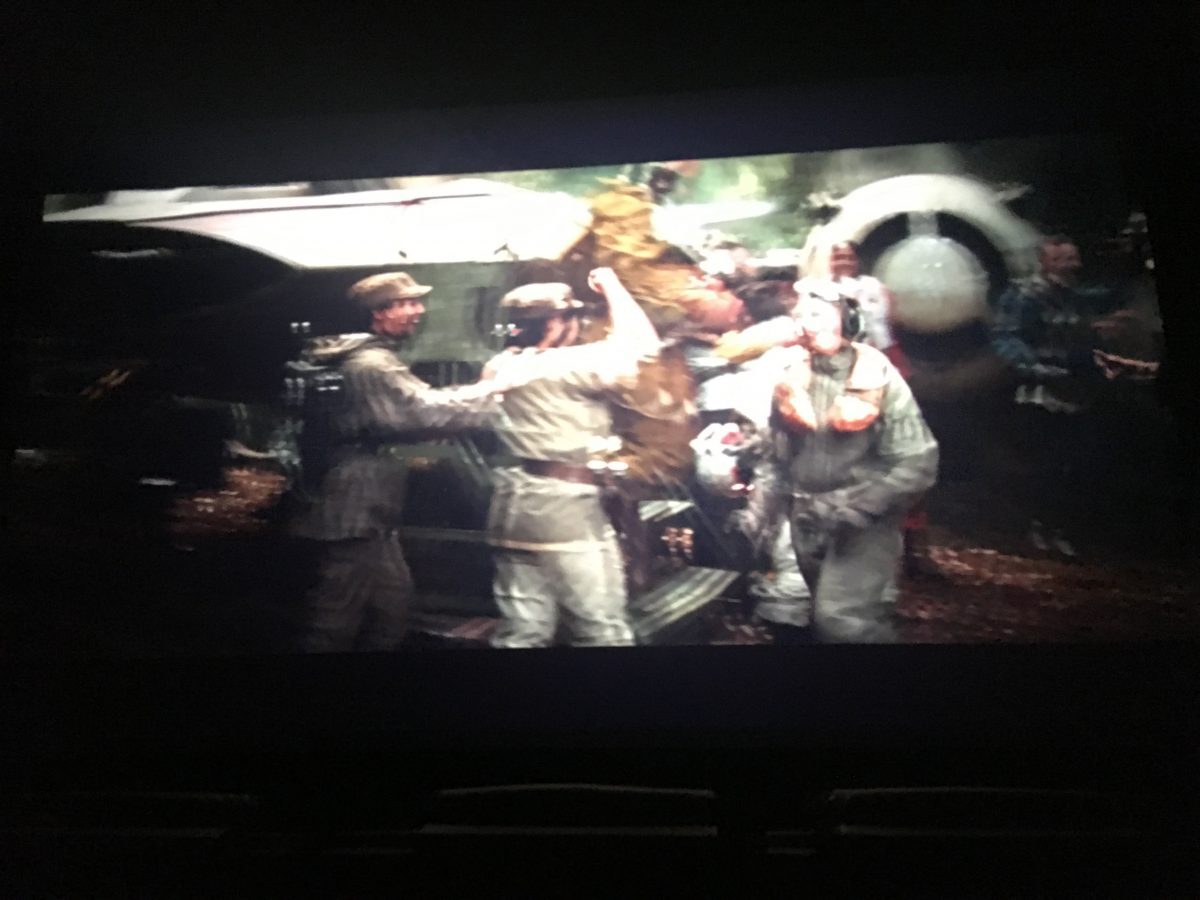The following interview took place prior to the protests over the killing of George Floyd.
What is different now? Are not the racial divisions within our society just more deeply outlined than before? How are attitudes toward stay-at-home mandates based on privilege? Isn’t the expectation of normality a sign of privilege? Is this time harder for those who live within the status quo?
“Whoever taught you to live with expectations?” Kahlil Robert Irving asks rhetorically. “Nothing is new. I’m always thinking about how things can be different and what I can do to add agency. How can I participate in the world and in my life?”
Irving’s thoughts hang in the air long after the “and then everything shifted” part of the conversation. The canceled and postponed exhibitions (Cincinnati Contemporary Arts Center, Great Rivers Biennial, Saint Louis, Anderson Collection at Stanford University, Jenkins Johnson Gallery in San Francisco), the journey home from the Bay Area “as everything was getting worse.” The settling in: “I try not to be too worried. It is what it is. I’m remembering to keep in touch with priorities health-wise and keeping in touch with family and friends, and finding out ways to make new things happen.”
Irving has used this time to reorganize his home, answer countless emails, make oatmeal, watch TV, stay connected. He bought an artwork by Elizabeth Catlett, which accompanies other pieces he has recently acquired. Irving has many mirrors in his home and enjoys the multiple perspectives they afford, not just of the interiors of the house, but of his life, its changes and transitions.
Irving speaks of the big changes in his life in just the past seven years: exhibitions in New York, residencies, awards he’s received by way of nominations. He is a 2020 Great Rivers Biennial Award recipient. He was just named a Tiffany Foundation Grant winner, in good company with Deana Lawson, Paul Mpagi Sepuya, Stephanie Syjuco, and others. One of his sculptures and a work on paper are part of the Whitney Museum of American Art collection. He looks around his rooms and sees evidence of change.
He knows these positives surrounding his career don’t just happen. “You have to do a lot of work to get it out there. That’s just how it is. How do you stay connected? How do you grow and expand? You need to know what the community is and how that community evolves. You can’t stay the same. Who knows how you may change, or not; whether you are relevant with the times. Remaining socially relevant is taking responsibility for one’s actions and beliefs….
“I’m always thinking about this stuff: how to not perform the way the system tells me I should perform: get a job, get a 401k. I want to do it on my time, with my beliefs.”
His GRB exhibition, At Dusk, scheduled for this summer has been moved to fall. Irving says the planning for the show comes down to logistics now. A 6 foot by 65 foot collage on vinyl will take up one wall of his gallery space. “What will the scale of images look like printed?” he wonders. He has brought some of his sculptures to St. Louis. “The exhibition at the Contemporary combines new works and works recently completed. It allows for a lot of things to be recognized and reconciled, which is nice. At Dusk is in line with what I’ve done before but at a different scale.” Logistics include “realizing when my eyes are bigger than my stomach.”
Logistics might also include making oatmeal, resisting normality, staying still, seeing “government fail and perpetuate racist ideologies,” finding a way to be at peace, realizing “the ground is always shifting,” remembering “I don’t want to sacrifice what I want.”
Since this interview, Irving and Richard Munaba presented a new work commissioned by the Wesleyan University Center for the Arts, Safetyfirst&FantasiesBLOCK_CHAIN, “to comment on current life experiences and police brutality.” On June 10, at 6:00 pm CT, Irving speaks with Jennie Goldstein, assistant curator at the Whitney Museum of American Art as part of the museum’s Instagram Live conversations series.
—Eddie Silva
